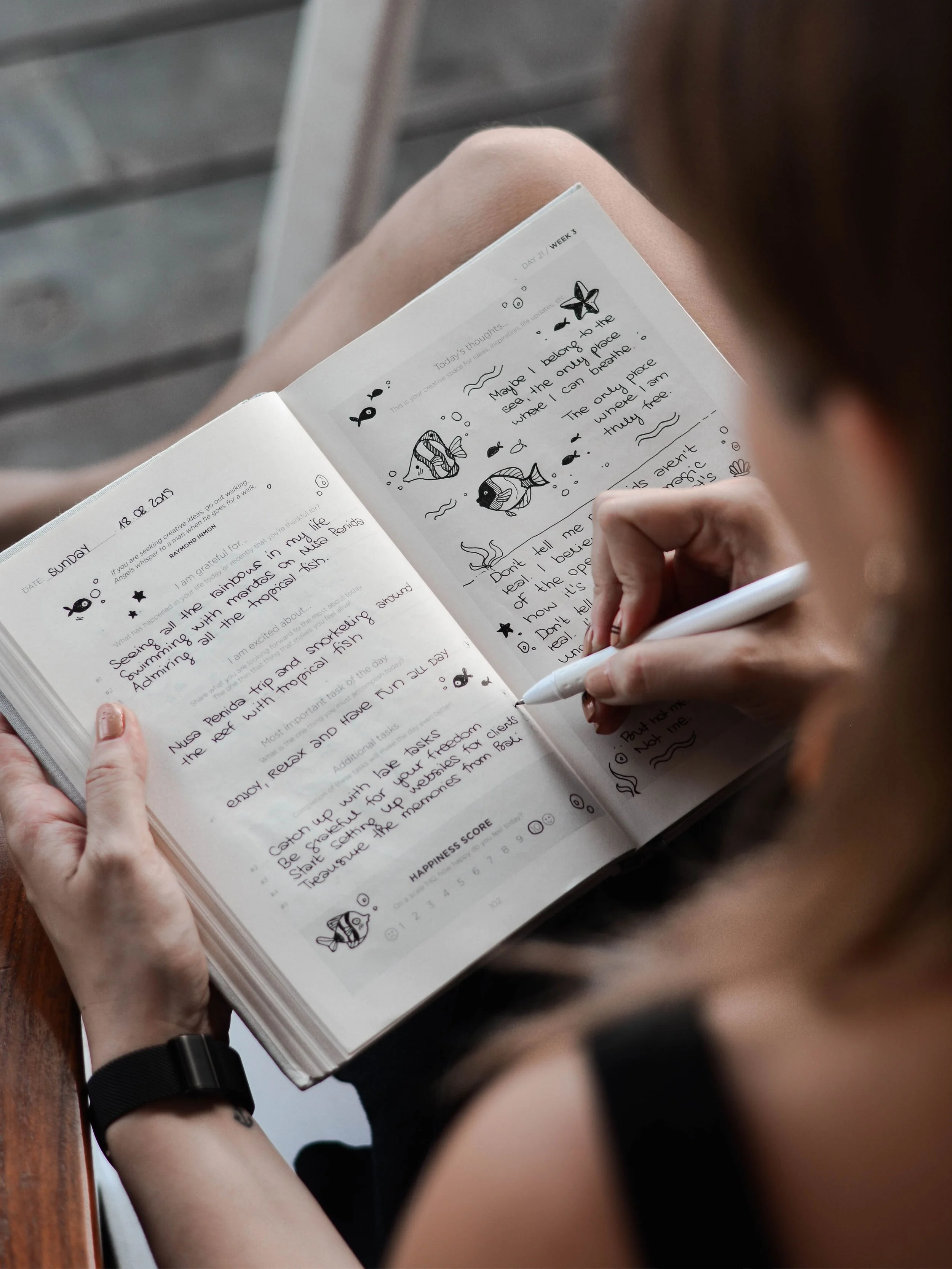Making Note-Taking A Habit by Suzanne Scheideker Cook
“Acquiring the habit of note-taking is therefore a wonderfully complimentary skill to that of listening.” - Sir Richard Branson
One of my guilty pleasures is watching “The Cooking Channel.” I love the endless variety of food and places that are featured. Amazingly, “The Cooking Channel” is a source of continuous inspiration because of the lessons I learn from watching the spontaneous creativity, the ability to work under pressure, taking constructive criticism, and the time management needed to be successful. These lessons can and should be applied to any work environment.
Another skill that many successful chefs have is note-taking.
One of the most recent examples of this was on the “Diners, Drive-Ins, and Dives” show hosted by Guy Fieri. “Diners, Drive-Ins, and Dives” features Guy crisscrossing the country visiting America’s “greasy spoon” restaurants. One of the featured restaurants on a recent show was Fab Dogs in Reseda, California. Some folks eating at Fab Dogs had driven over an hour so they could have a “fab” dog. Fab Dogs features hot dogs that are regional specialties from across the United States. When Guy Fieri asked the owner about his recipes, he responded by saying that he took notes on every hot dog he liked from all over the country. He then put these observations in a binder which served as a source of inspiration and as a resource to him. Ultimately, he used his notes to open Fab Dogs.
How can you make note-taking a habit? Here are tips that I have learned that may help you.
Use a pen and pad instead of taking notes on a computer. (Yes, this is the “old school” approach.) I have found that “pen to paper” notes are more effective in helping me recall the details of the event or meeting. Another reason is that when I take notes, I often doodle in the margins while listening. Often, the doodling frees my mind to see a solution to the problem. Lastly, taking notes on a laptop tends to make people uncomfortable which often puts a chill on the open flow of discussion.
Learn shorthand or create your own version of shorthand. Learning or creating your own shorthand really helps in taking comprehensive and complete notes. (Symbols that are readily identifiable such as $ and @ come from shorthand dictation.) Another bonus is that if you accidentally leave your notes behind, folks will not be able to read them.
Keep your notes for different projects or interests in separate notebooks. If you use one notebook for all your notes, you can waste time trying to find the notes that you need for a specific meeting or project. While you can use tabs to separate your notes, this approach can become cumbersome quickly.
Always keep a couple of good working pens and a spiral notebook or journal with you. Then you will be ready to go at a moment’s notice.
Taking notes helps you identify the key concepts or common threads running through the discussion. It also assists you in staying in the present moment because you are actively taking notes. Afterwards, remember to review and reflect on your notes.
You have two personal challenges this time: The first challenge is to create your own system of note-taking whether it is using a shorthand, visual, or outline method. The second challenge is if you are close to Fab Dogs, pay them a visit. (See www.fabhotdogs.com) If not, visit your own favorite “greasy spoon” and indulge in your favorite treat.


